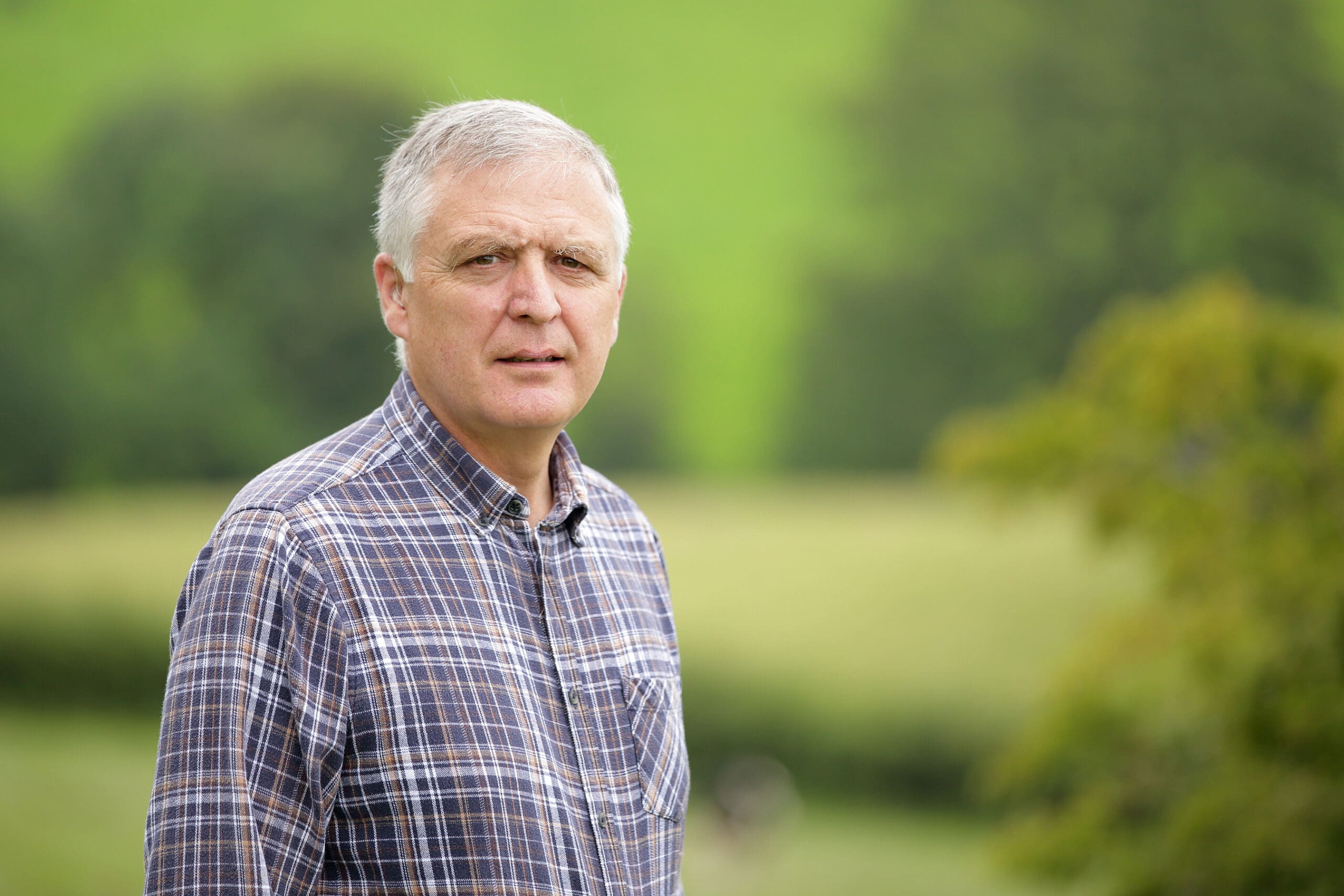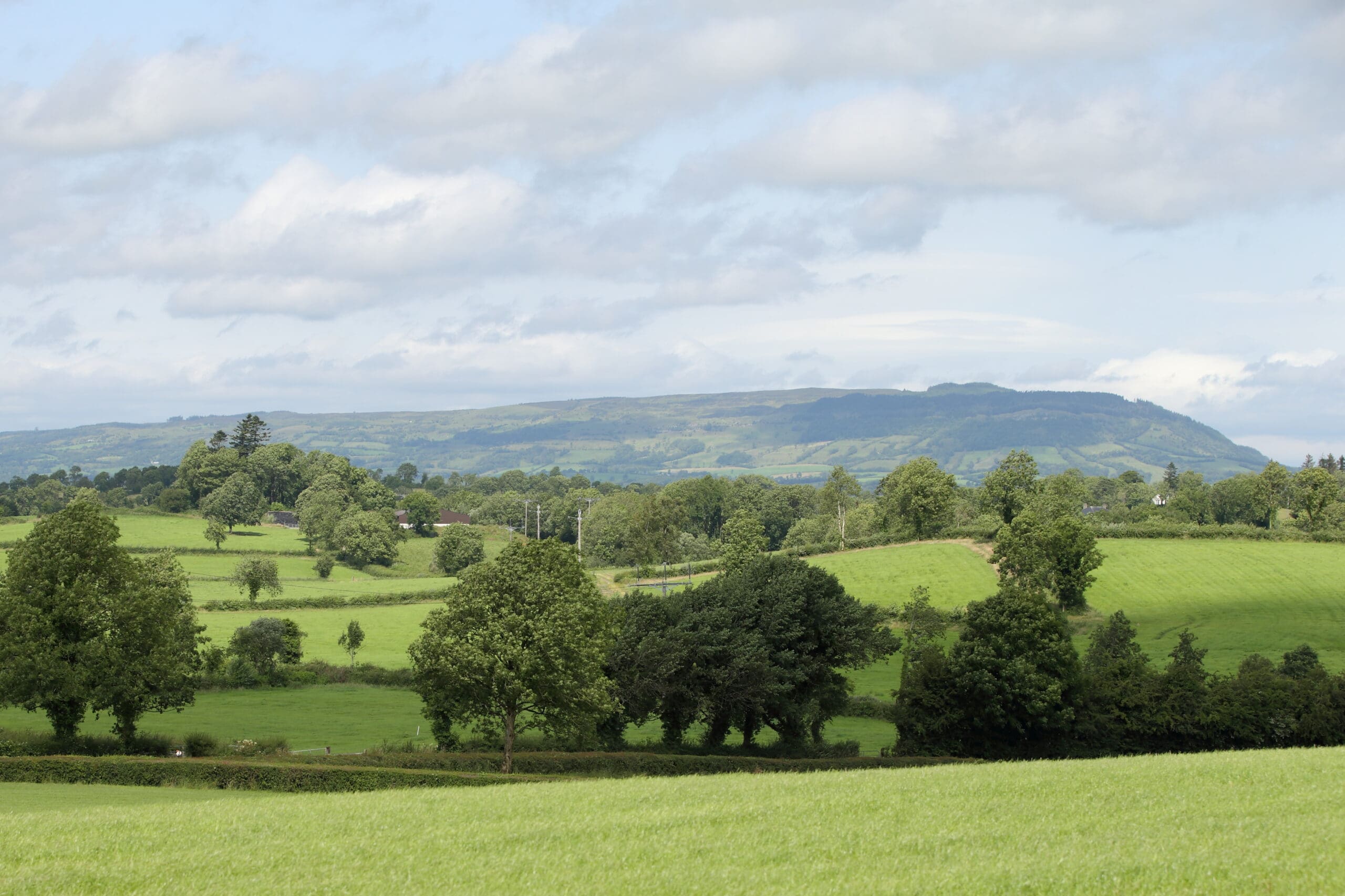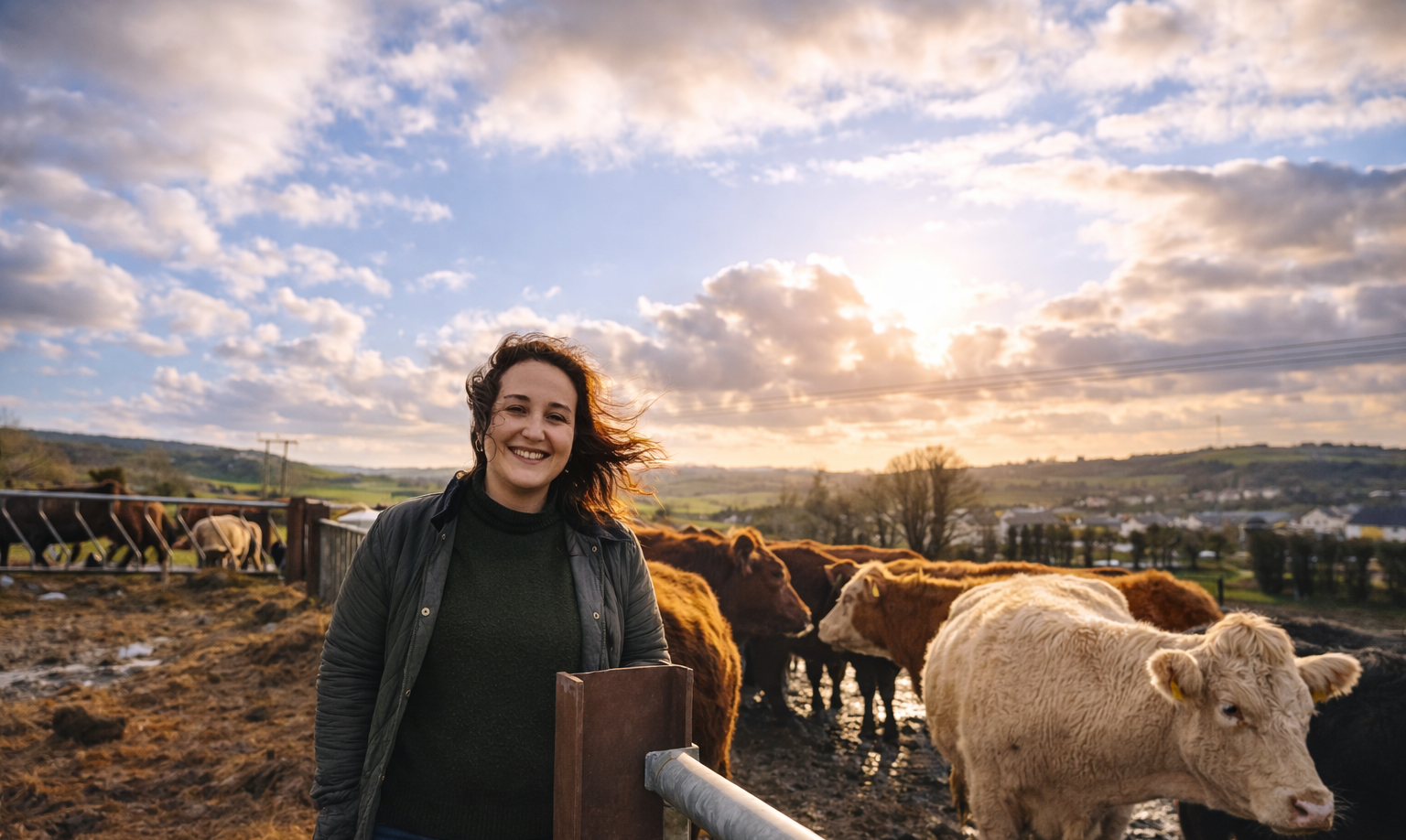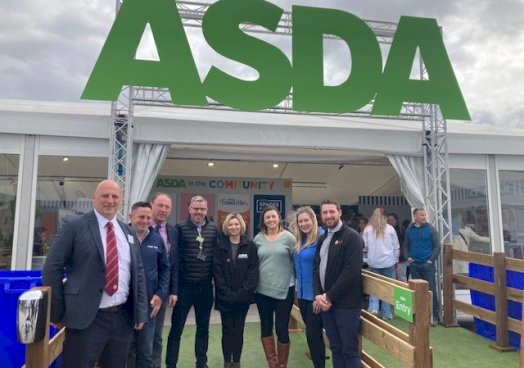
This year’s Balmoral Show got back to somewhat of a normal nature which is something everyone in the agriculture industry has welcomed. However, as farm inputs on fertiliser, feed and fuel continue to soar, it is continuing to have huge effects on local farms and especially on cattle and sheep farms.
Ulster Farmers’ Union (UFU) beef and lamb and hill farming representatives used the show as an opportunity to meet with processors, retailers, industry representatives, government officials and newly elected politicians to stress the significance of the rising input prices.
The food supply chain is something that doesn’t take much to upset, and Union representatives have used the time at the show to stress how the input prices are affecting production costs and how farmers are trying to deal with it. The UFU and Agri-Search issued a joint survey a few weeks ago and it received over 800 responses. Over 16% of farmers have not bought fertiliser, 68% of farmers have less than 10% silage left over from last winter, 54% intend to reduce concentrate and 48% plan to reduce stocking rates. These are staking statistics. Farmers now more than ever need to consider how they are going to manage their grass supply for the season and ensure that they have a fodder plan for the winter and how to manage their cash flow.
DAERA Minister Edwin Poots announced at the show this week that the Single Farm Payment will be paid on the 1 September this year. While this might help cash flow the sector isn’t receiving enough of a lift in farm gate prices to cover these costs. Sheep farmers are seeing costs increase over £25 per ewe and about £1.30 – £1.60p/kg deadweight for cattle. Cattle prices have been continually rising to a 13-year high which has been welcomed but there is still need for more and for lambs they are about £10/head lower than this time last year which is very worrying. Farmers need to ensure that they make and take informed decisions this summer.
Other key issues discussed at the show included sustainability and carbon benchmarking. This has been something that has now been a key focus for many retailers and the farming industry is now looking seriously how they might best move forward. Marks and Spencer has pledged to cut its carbon footprint by a third by 2025 as part of its commitment to be fully net zero by 2040. The retailer has reset its plan a sustainability programme and will focus on becoming net zero across its entire supply chain and product offer by 2040. Many other retailers are on a similar page, but farmers want to see additional reward for going the extra mile.

UFU representatives met with Marks and Spencer at the Balmoral Show.
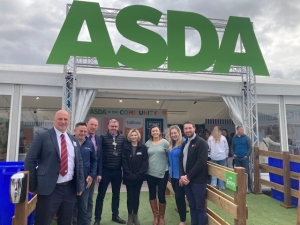
UFU deputy president John McLenaghan, hill farming chair Alastair Armstrong, beef and lamb chair Pat McKay and beef and lamb and hill farming policy officer, Daryl McLaughlin met with Asda at Balmoral Show.


